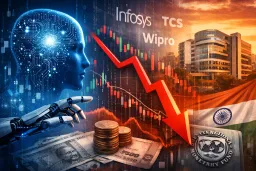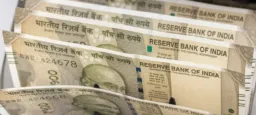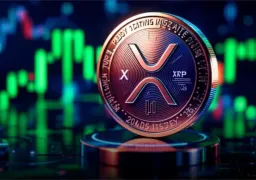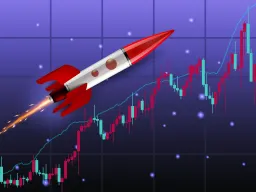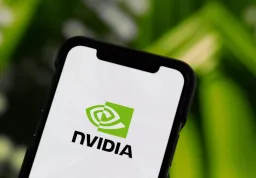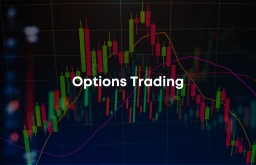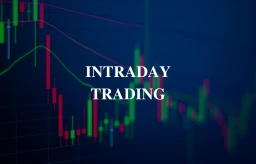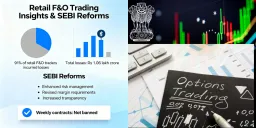How to Trade Futures and options in India?
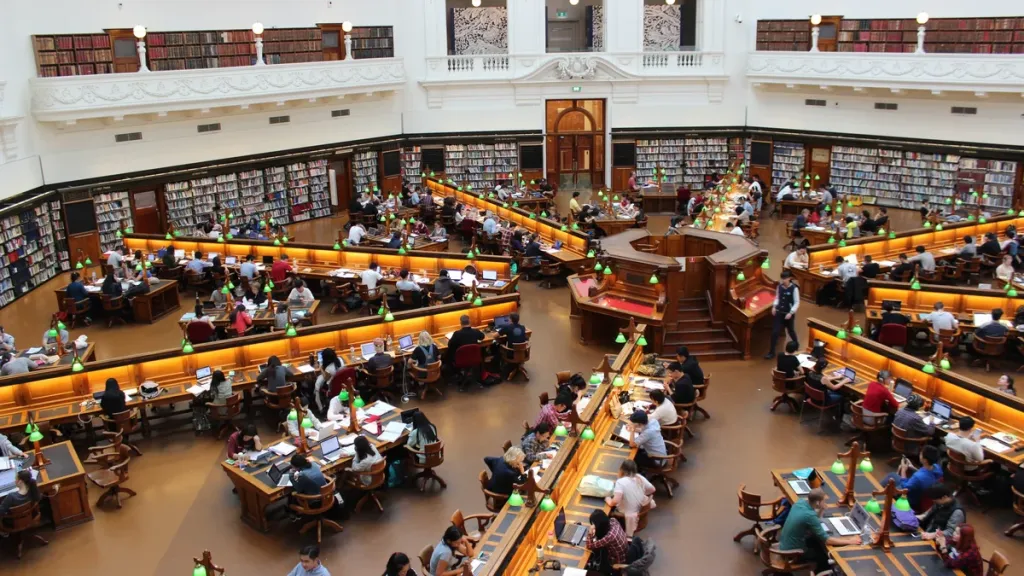
If you are looking for high returns on your investment, then you should consider investing in futures and options. These are two of the most popular derivative instruments in India that offer investors a high degree of flexibility and potential for huge profits. But before you start investing in these instruments, it is important to understand the basics of how they work. This article will give you a brief introduction on how to invest in futures and options in India.
What are futures and options?
Futures and options are two different types of derivative instruments. A future is a contract to buy or sell an asset at a future date, at a price that is agreed upon today. An option is the right, but not the obligation, to buy or sell an asset at a future date, at a price that is agreed upon today.
Futures and options can be used to hedge risk, or to speculate on the price of an underlying asset. hedging with futures and options can help protect against adverse price movements in the underlying asset. For example, if you are a farmer who is worried about the price of corn going down, you could buy a corn future to lock in a price for your crop. If you think the price of corn is going to go up, you could buy a call option on corn.
Speculating with futures and options can be a way to make money if you are able to correctly predict price movements in the underlying asset. However, it is important to remember that speculation is a risky endeavor, and you can lose money if you make incorrect predictions.
Factors to consider before investing in Futures and options
When it comes to investing in futures and options, there are a few key factors that you need to take into account. Here are a few of the most important things to consider before making any investments in futures and options:
1. The underlying asset:
Before you invest in any futures or options contract, you need to first understand the underlying asset. What is the asset that you are investing in and how does it work? Make sure that you have a good understanding of the asset before investing.
2. The market conditions:
It is also important to take into account the current market conditions. What is the market trend? Is it a bullish or bearish market? How volatile is the market? All of these factors can impact your investment decisions.
3. Your risk tolerance:
Another important factor to consider is your own risk tolerance. How much risk are you willing to take on? You need to be comfortable with the level of risk you are taking before making any investments.
4. Your financial goals:
Finally, you need to make sure that your investment decisions align with your overall financial goals. What are you trying to achieve with your investments? Make sure that you have a clear plan before making any moves.
How to trade futures and options in India?
To invest in Futures and Options you should have a trading account with a broker; who can sell Future and option contracts. Once you create the account you can follow the below steps to invest in Futures and Options.
Investing in Futures:
Step 1 – Choose an Exchange
In India, futures contracts are traded on two exchanges: National Stock Exchange (NSE) and Bombay Stock Exchange (BSE). These exchanges offer a wide range of futures contracts on various underlying assets like stocks, commodities, currencies, etc.
Step 2 – Select a Contract
You can choose the contract that you want to trade based on your investment objective. For example, let’s say you want to take a long position in gold. This means you expect the price of gold to rise in the future. In this case, you will have to buy a gold futures contract. Alternatively, if you want to take a short position in gold, this means you expect the price of gold to fall in the future. In this case, you will have to sell a gold futures contract.
Step 3 – Place your order
Once you have decided which contract to buy or sell, you will have to place an order with your broker. Your broker will then execute the trade on your behalf. It is important to note that when you trade futures, you will have to put up a certain amount of money as margin. Margin is the amount of money that you will have to deposit with your broker to trade a futures contract. The margin requirements vary from contract to contract and from broker to broker.
Investing in Options:
Step 1 – Choose an Exchange
In India, options contracts are also traded on two exchanges: National Stock Exchange (NSE) and Bombay Stock Exchange (BSE). These exchanges offer a wide range of options contracts on various underlying assets like stocks, commodities, currencies, etc.
Step 2 – Select a contract
You can choose the contract that you want to trade based on your investment objective. For example, let’s say you want to take a long position in gold. This means you expect the price of gold to rise in the future. In this case, you will have to buy a call option on gold. Alternatively, if you want to take a short position in gold, this means you expect the price of gold to fall in the future. In this case, you will have to buy a put option on gold.
Step 3 – Place your order
Once you have decided which contract to buy or sell, you will have to place an order with your broker. Your broker will then execute the trade on your behalf. It is important to note that when you trade options, you will have to pay a certain amount of money as premium. Premium is the price of the option contract. The premium requirements vary from contract to contract and from broker to broker.
How does future and options work?
India is a land of opportunities. When it comes to investing, there are many options available in India. One can invest in stocks, bonds, mutual funds, etc. However, futures and options are two investment options that are not very well known in India. Futures and options are both derivative instruments. A derivative is a financial contract whose value is derived from the underlying asset. The underlying asset can be anything like stocks, commodities, currencies, etc. Futures and options are similar in many ways but they also have some key differences.
Futures contracts are agreements to buy or sell an underlying asset at a specified price on a specified date in the future. For example, you may agree to buy gold at Rs. 5,000 per 10 grams on 1st January 2021. This means that on 1st January 2021, you will have to pay Rs. 5,000 for 10 grams of gold regardless of the prevailing market price of gold on that day.
Similarly, an options contract gives you the right but not the obligation to buy or sell an underlying asset at a specified price on a specified date in the future. For example, you may have the right to buy gold at Rs. 5,000 per 10 grams on 1st January 2021 but you are not obliged to do so.
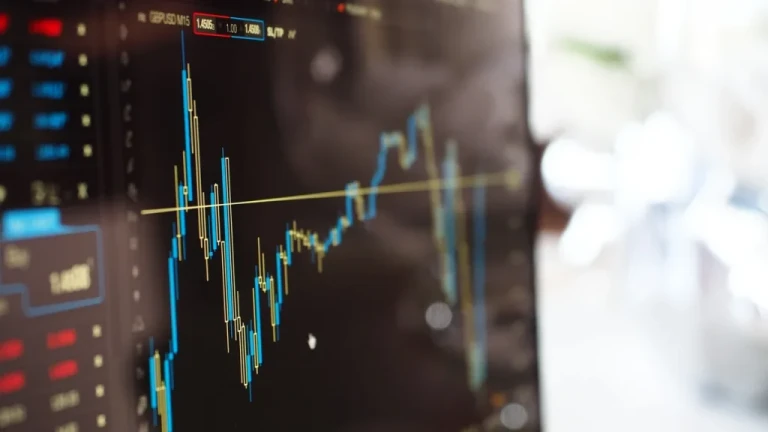
Pros and cons of F&O
When it comes to investing in futures and options, there are a few pros and cons that you should consider. On the plus side, futures and options offer the potential for higher returns than other types of investments. They also provide investors with the ability to hedge against risk. On the downside, however, futures and options can be volatile and may not always deliver on their promise of higher returns.
If you’re thinking to invest in futures and options, it’s important to understand both the risks and rewards involved. With any investment, there’s always the potential for loss as well as gain. But if you’re aware of the pros and cons before you get started, you’ll be in a better position to make money in the long run.
Who should trade in Futures and Options?
Most investors should avoid trading futures and options. These complex financial instruments are best left to professional traders. However, if you have a strong understanding of the risks and rewards involved, and you’re comfortable with the idea of taking on additional risk in pursuit of potential profits, then you should invest in Future and Options..
What is the difference between futures and options?
Before you invest in Futures and Options, it is important to understand the difference between the two. Futures contracts are agreements to buy or sell an asset at a future date, at a set price. Options contracts, on the other hand, give the holder the right to buy or sell an asset at a future date, but they are not obligated to do so.
Futures contracts are often used by investors as a way to hedge against price fluctuations. For example, if you are worried that the price of gold will go down in the future, you could purchase a gold futures contract. This would give you the right to sell gold at a set price in the future, no matter what the market price is at that time.
Options contracts can be used for either hedging or speculation. Speculating with options is riskier than hedging because you are not obligated to do anything with the option. You could simply let it expire if you think the market is going to move against you.
Both futures and options can be traded on exchanges in India. The most popular exchange for trading futures is the National Stock Exchange (NSE). The NSE offers futures contracts on a variety of assets, including
What are the types of futures and options?
The fundamentals of futures are identical, with the same rules applying to both buyers and sellers.
Call and Put options are two distinct types of options.
Call option – You can purchase the underlying asset at a predetermined price and date.
Put option – You can sell the asset at a particular price on a particular day.
